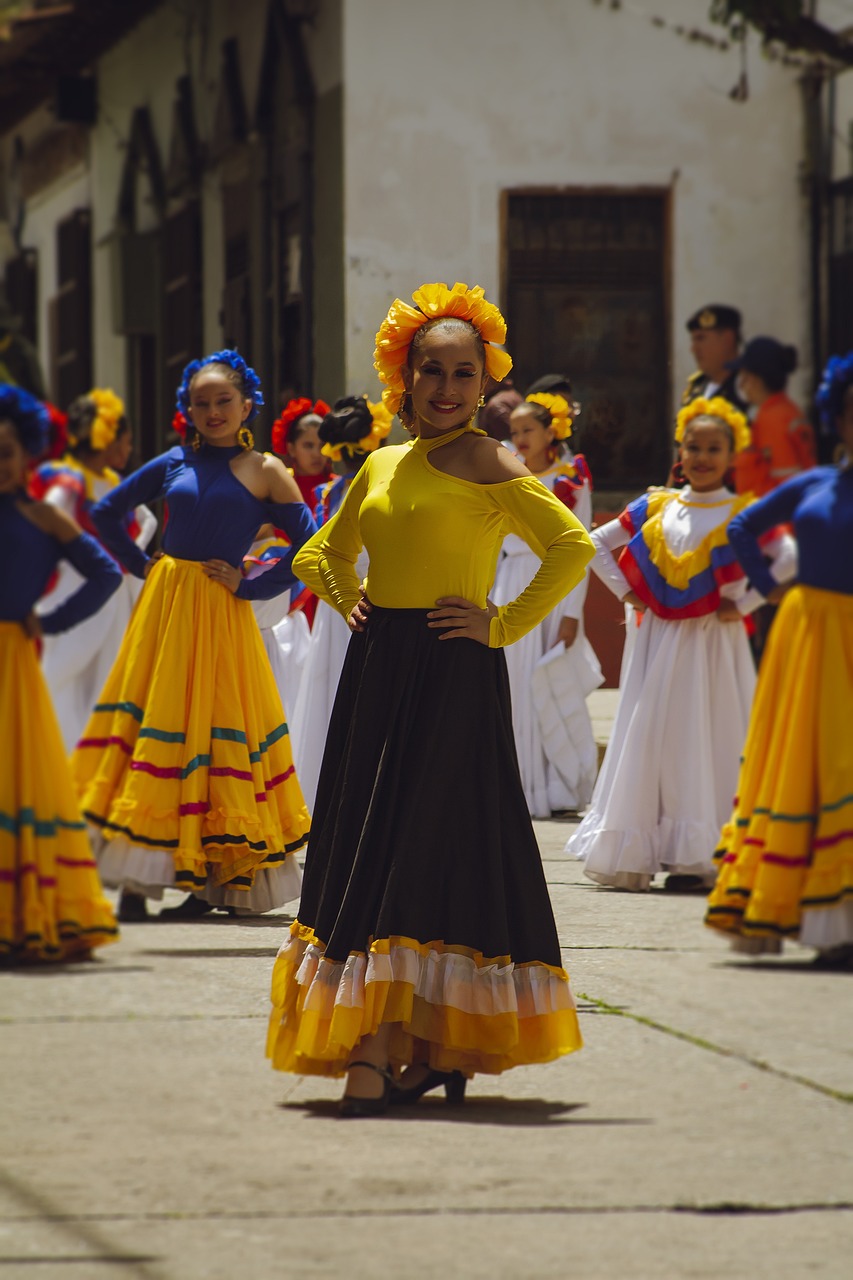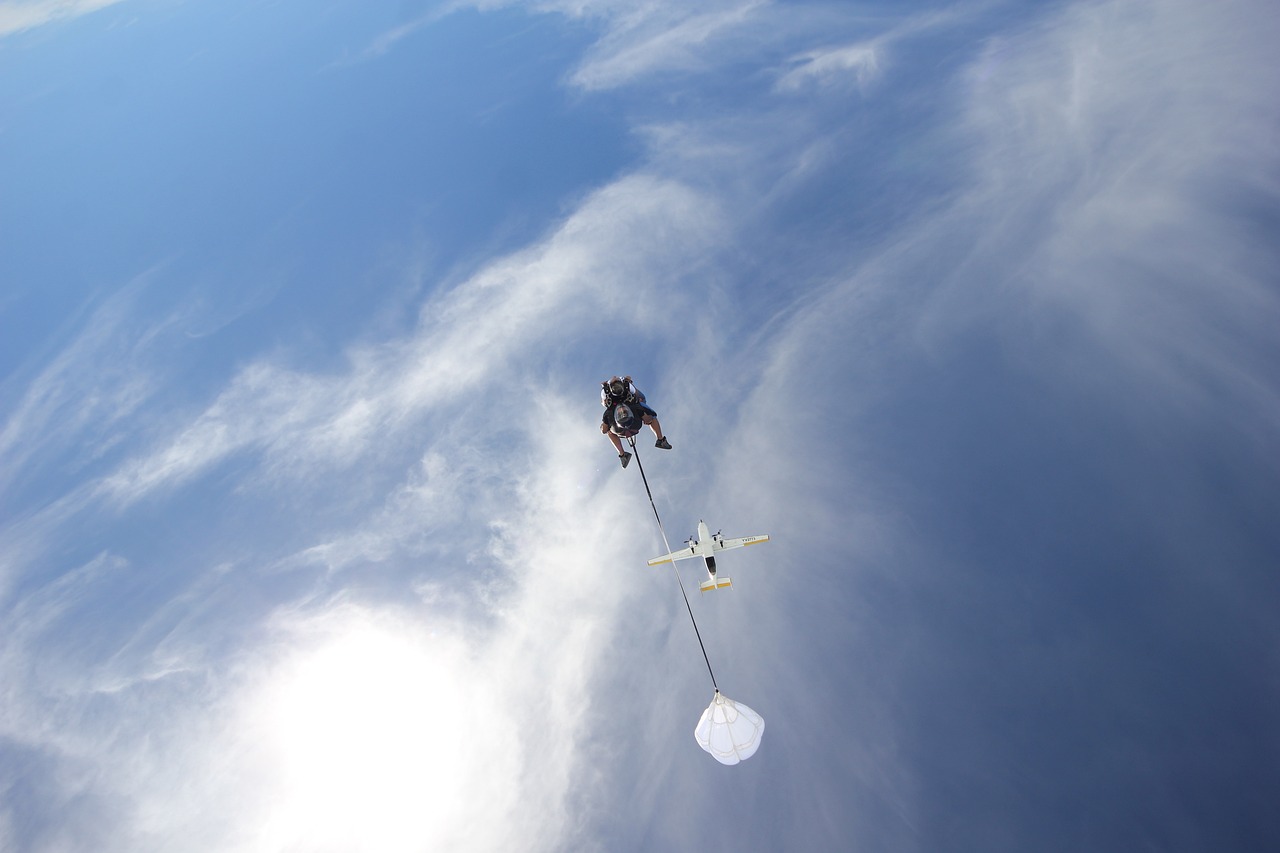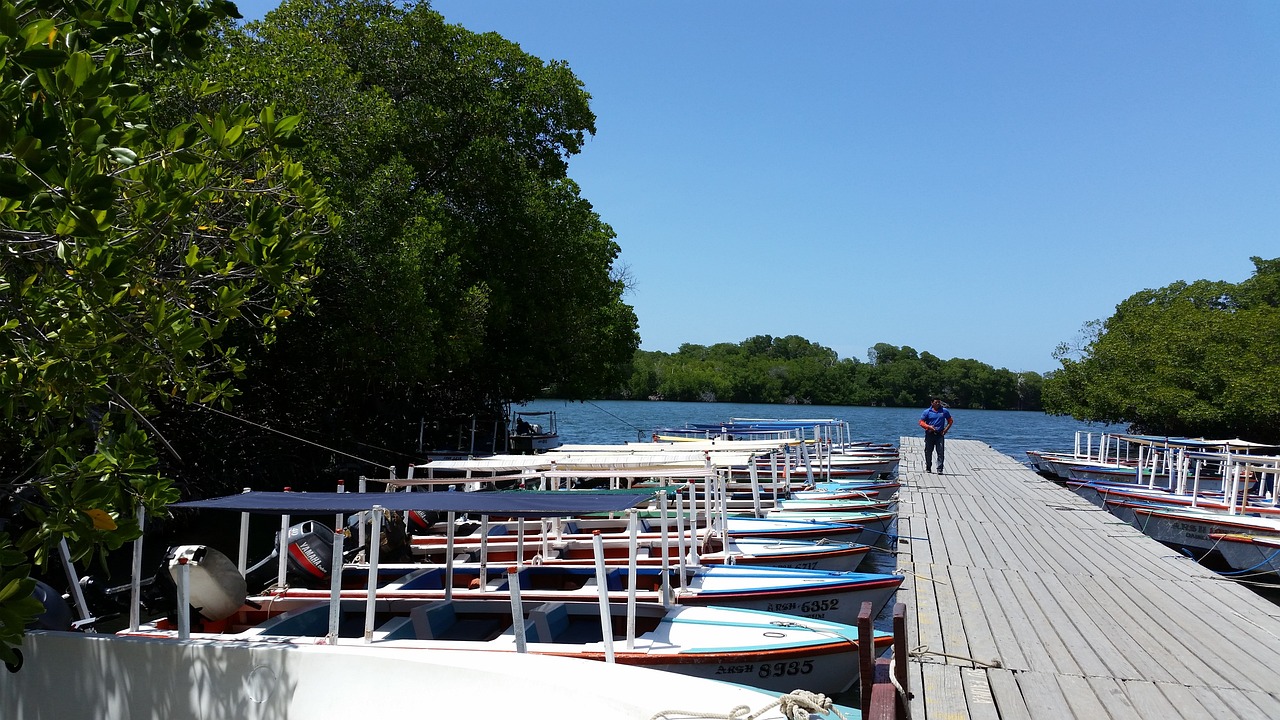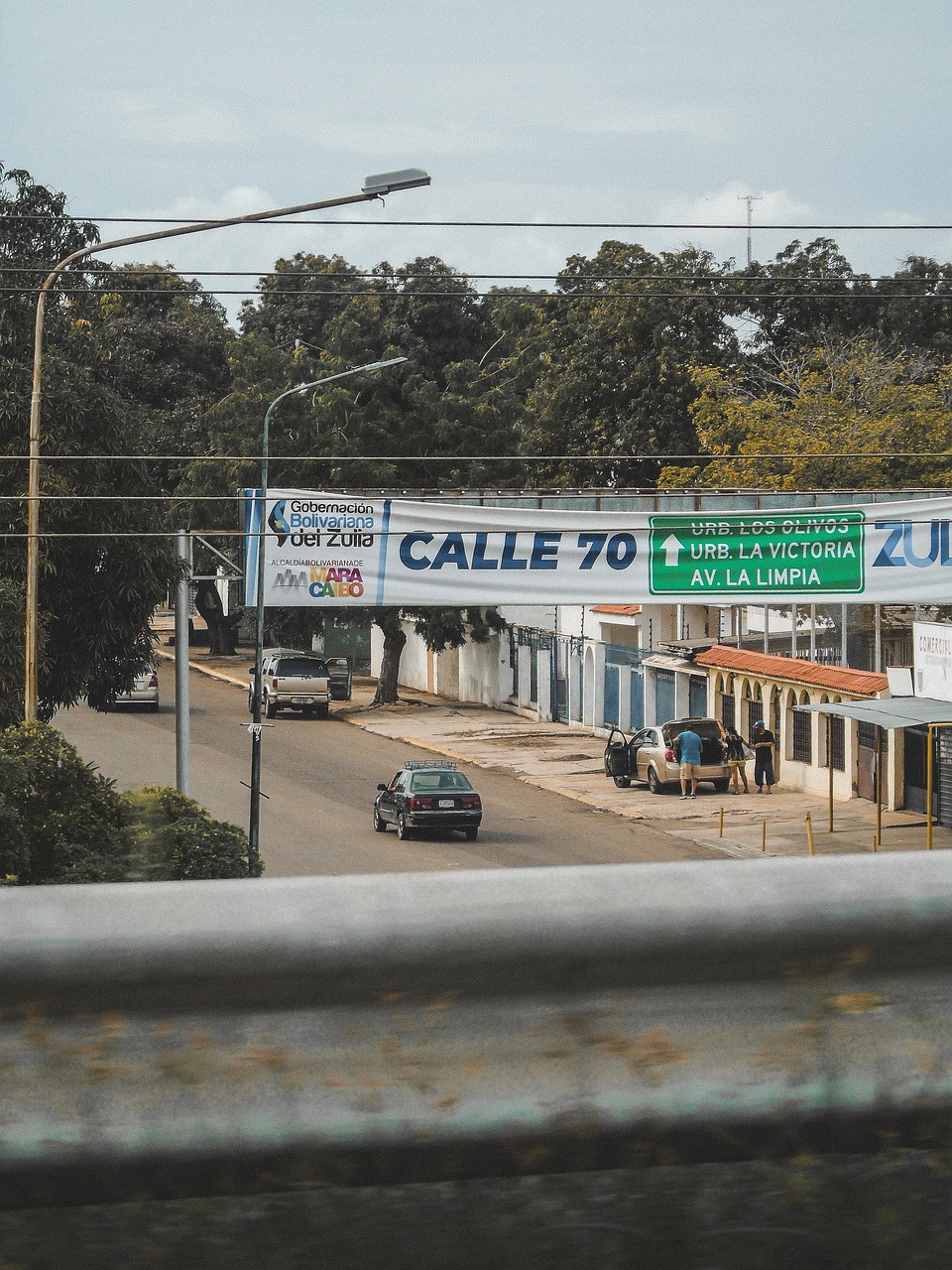Safety Tips for Remote Workers in Venezuela
Remote work has become increasingly popular in recent years, allowing individuals to work from the comfort of their own homes or while traveling. However, when working remotely in a foreign country like Venezuela, it’s important to prioritize safety to ensure a smooth and secure experience. In this article, we will explore some essential safety tips for remote workers in Venezuela to help you navigate potential risks and enjoy a productive work experience.
Understanding the Local Environment
Before diving into the safety tips, it’s crucial to have a good understanding of the local environment in Venezuela. Familiarize yourself with the current political and social situation, as well as any safety advisories issued by your home country’s embassy or consulate. Stay updated on the local news and be aware of any potential risks or areas to avoid. By being well-informed, you can better prepare yourself and make informed decisions while working remotely in Venezuela.
Choosing Safe Accommodation
When working remotely in Venezuela, it’s essential to choose safe and secure accommodation. Opt for reputable hotels or guesthouses that have positive reviews and a proven track record of providing a safe environment for their guests. Research the neighborhood where you plan to stay and ensure it has a low crime rate. Additionally, consider booking accommodations that offer 24/7 security, such as manned entrances, surveillance cameras, and secure parking facilities.
Securing Your Workspace
Creating a secure workspace is crucial for remote workers in Venezuela. If you’re staying in a hotel or guesthouse, ensure that your room has a secure lock and a safe for storing valuable items such as laptops, passports, and cash. If you’re working from a coworking space or a coffee shop, be cautious of your surroundings and keep an eye on your belongings at all times. Consider using a privacy screen for your laptop to prevent prying eyes from accessing sensitive information.
Using Secure Internet Connections
When working remotely in Venezuela, it’s important to prioritize the security of your internet connections. Avoid using public Wi-Fi networks that are unsecured, as they can be easily compromised by hackers. Instead, invest in a reliable virtual private network (VPN) service to encrypt your internet traffic and protect your sensitive data. Use a VPN whenever you connect to the internet, whether you’re working from your accommodation or a public space.
Protecting Personal and Financial Information
As a remote worker in Venezuela, it’s crucial to protect your personal and financial information. Avoid sharing sensitive information such as your home address, phone number, or financial details with unfamiliar individuals or websites. Be cautious when making online transactions and ensure that the websites you use for banking or shopping have secure and encrypted connections. Regularly monitor your bank statements and credit reports to detect any suspicious activity.
Being Aware of Your Surroundings
Maintaining situational awareness is key to staying safe as a remote worker in Venezuela. Pay attention to your surroundings, especially in crowded areas or unfamiliar neighborhoods. Avoid displaying expensive belongings or flashy jewelry that may attract unwanted attention. If you need to navigate the streets, use well-lit and busy routes, and consider using transportation services like taxis or rideshares instead of walking alone at night.
Traveling Safely
If you need to travel within Venezuela for work purposes, take necessary precautions to ensure your safety. Research your destination beforehand and plan your route accordingly. Avoid traveling during nighttime and consider using reputable transportation services. Inform a trusted colleague or friend about your travel plans and keep them updated on your whereabouts. Carry a copy of your passport and other important documents, leaving the originals securely stored in your accommodation.
Emergency Preparedness
It’s essential to be prepared for emergencies while working remotely in Venezuela. Save emergency contact numbers in your phone, including local authorities, your embassy or consulate, and your accommodation’s front desk. Familiarize yourself with the nearest hospitals, police stations, and fire stations in case of any emergencies. Consider learning basic first aid skills and carrying a small first aid kit with you. Stay updated on any emergency protocols or evacuation procedures specific to your location.
Dealing with Language Barriers
In Venezuela, the primary language spoken is Spanish. As a remote worker, it can be beneficial to learn some basic Spanish phrases to communicate effectively with locals. This can help you navigate potential language barriers and make your interactions smoother. Consider using translation apps or carrying a pocket dictionary for quick reference. Learning some common greetings and polite phrases can also help you build rapport and create a positive impression.
Building a Support Network
Building a support network of fellow remote workers or locals can greatly enhance your safety and overall experience in Venezuela. Connect with other remote workers through online communities or professional networks. Attend local meetups or events to meet like-minded individuals. By networking and building relationships, you can gain valuable insights, receive recommendations for safe places to visit, and have a support system in case of any challenges.
Conclusion
Working remotely in Venezuela can be a rewarding experience, but it’s important to prioritize safety. By understanding the local environment, choosing safe accommodations, securing your workspace, using secure internet connections, protecting personal and financial information, being aware of your surroundings, traveling safely, being prepared for emergencies, dealing with language barriers, and building a support network, you can navigate potential risks and enjoy a productive and secure remote work experience in Venezuela.
Venezuela Image 1:

Venezuela Image 2:

Venezuela Image 3:

References
– US Department of State: travel.state.gov
– UK Foreign and Commonwealth Office: gov.uk/foreign-travel-advice
– Australian Government Department of Foreign Affairs and Trade: smartraveller.gov.au
– Canadian Government Travel Advice and Advisories: travel.gc.ca
– Embassy of Venezuela in [Your Country]: [Embassy Website]


